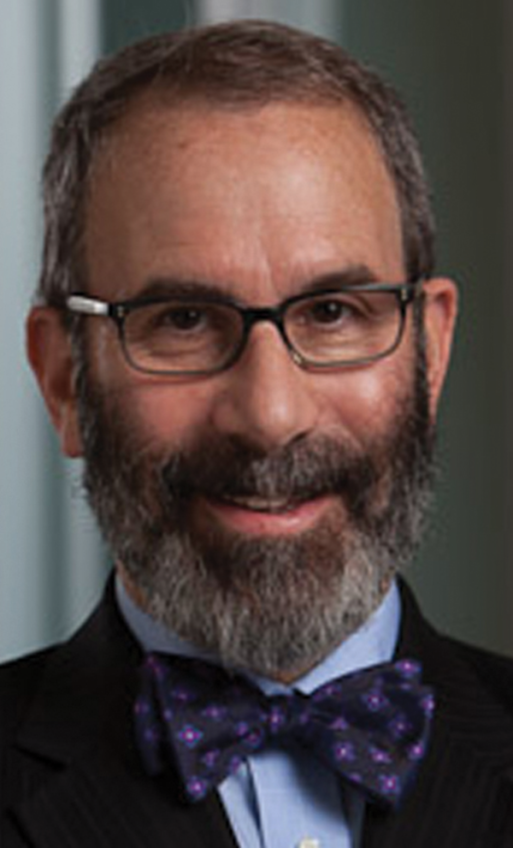Night is one of those great literary works that retains its staying power—haunting memories conveyed to give voice to the horrors of the Holocaust. Elie Wiesel’s classic book was originally rejected by publishers who thought it too dark. They suggested he edit it down to article size—he persisted, and it became a timeless work on the evils of oppression.
Wiesel has died. For those that knew him and others who kept his literary and humanitarian works close to their hearts, there is shock at his passing. How can that be? For death is so much a part of the human condition. Perhaps because he rallied us to choose life—to go beyond our comfort zones to give voice to people who need our advocacy. Almost all will remember his many literary works—starting with Night and others touching on childhood memories of inspiring Hassidic tales. Most will remember his words in support of the Soviet and Ethiopian Jews, and Darfur, Bosnia, and other communities facing cruel edicts.
There was another side to Wiesel less known—his efforts to elevate our consciousness against disease.
Realizing how his voice could inspire pharma industry leaders to think expansively about mobilizing against illness, Wiesel shared ideas on making medicines in developing nations, advocated for collaboration in the fight against infectious disease, and encouraged private/public partnerships. He drew upon sage wisdom from previous generations and his incredible life experiences to press leaders to think and act with courage. He helped biopharma, policy, and academic leaders understand that avoiding collaboration was counterproductive to suppressing disease. He saw biomedical innovators as liberators.
See also: Lehman Millet’s Lotterman Breaks Down Ads That Inspires Us
Along with his board participation and leadership in the Elie Wiesel Foundation for Humanity, U.S. Holocaust Memorial Museum, Zamir Choral Foundation, and others, he was among the founding members of the Galien Foundation, a global not-for-profit dedicated to recognizing outstanding biomedical innovation that can change the human condition. Though we shared many life interests, it was as part of the Galien Foundation and through our mutual friend Bruno Cohen, its founder and secretary general, that our journeys connected.
 Photo credit: Daniel Go/Creative Commons
Photo credit: Daniel Go/Creative Commons
Wiesel was incredibly expansive in his thinking and approach. His boundless energy was fueled by an understanding that we exist—we survive—to make a difference in this damaged and incomplete world. In the Galien Foundation, he saw opportunities to rally support for people with infectious disease, bringing medicines to developing nations, and to inspire young scientists to persist and press onward. He knew from his fractured childhood that courage in the face of adversity translated into survival and that empathy must be embedded in care and cures. He saw the biopharmaceutical industry as an important ally in sustaining life.
Wiesel had a keen eye for the individuals that Prix Galien should recognize with its prestigious Pro Bono Humanum Award. These ranged from Dr. P. Roy Vagelos, the luminary Merck leader whose bold decision to donate the medicine ivermectin was a key step toward eradicating river blindness, to former President Bill Clinton’s groundbreaking work in Africa to make AIDS drugs readily available in partnership with GlaxoSmithKline, and to Doctors Without Borders founder Dr. Bernard Kouchner, who accepted his honor having arrived straight from an African clinic treating Ebola patients. These world leaders saw receiving their award from the hands of the Nobel Peace Prize Laureate as the ultimate honor. At this gathering that Wiesel helped create, the biopharmaceutical industry was present and valued as an equal partner toward improving public health.
See also: Drugmakers explore response to pricing debate
While his fictionalized biography Night haunted me, his passion for helping people with disease inspired me. In a visit with my daughter Kayla, a young writer, Wiesel shared with her that he was part of each story he wrote and the stories heard. He felt people’s anguish and despair and, still, never gave up hope that innovation that could benefit life would be created and become accessible—even in remote places.
United Nations Secretary General Ban Ki-moon, a Prix Galien presenter in 2010, said Wiesel had turned “the nightmare of his youth into a lifelong campaign for global equality and peace.” In the camps of oppression, he saw how disease robs people of spirit and life. For those of us in the health sector, we continue his work to give voice to the voiceless and advocate for innovation and access.
Gil Bashe is managing partner at Finn Partners Health.







